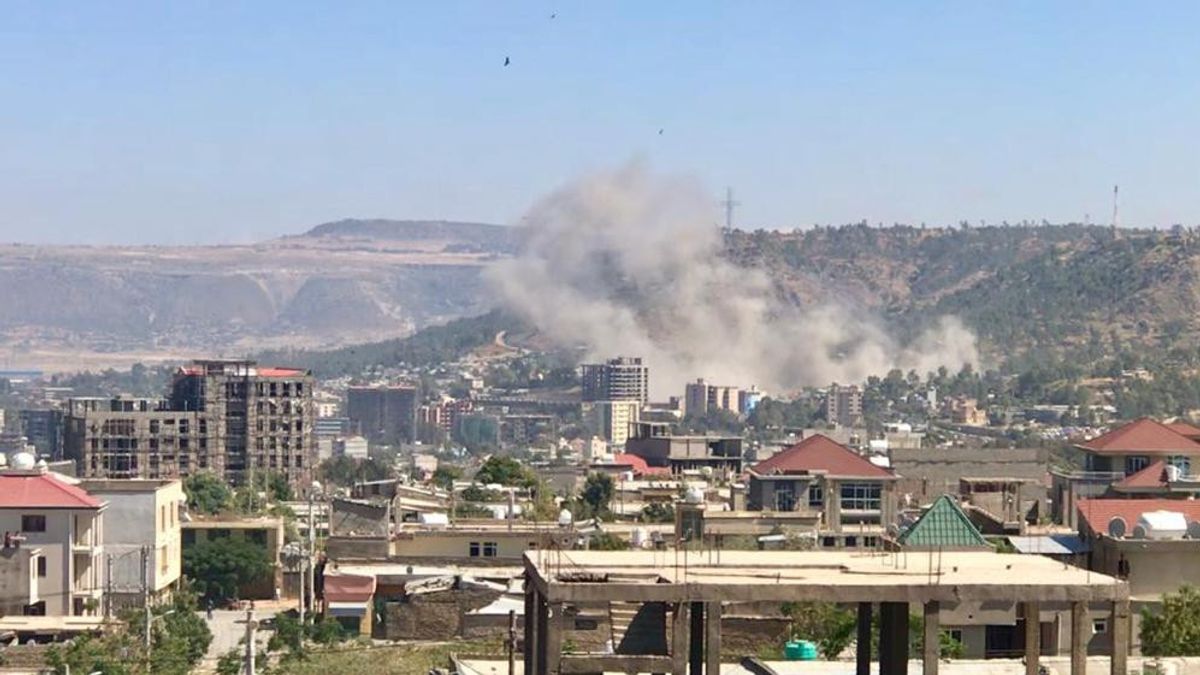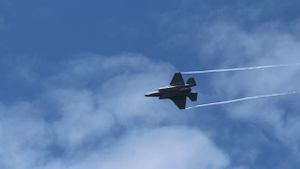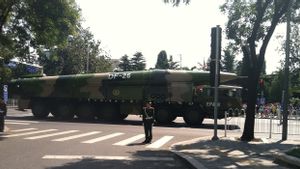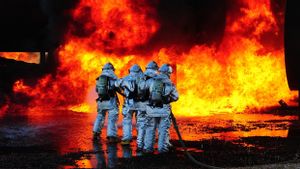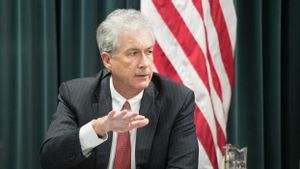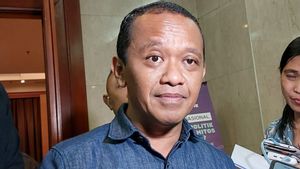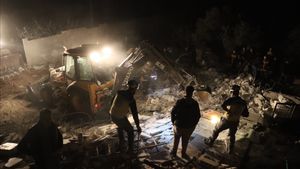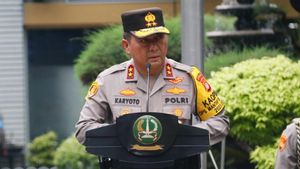JAKARTA - At least 16 UN staff and supporters have been detained in the Ethiopian capital Addis Ababa, a UN spokesman said on Tuesday, amid reports of widespread arrests of ethnic Tigrayans.
"We are, of course, actively working with the Ethiopian government to ensure their immediate release," UN spokesman Stephane Dujarric told reporters in New York.
He declined to answer questions about the ethnicity of those detained, saying: "These are UN staff members, they are Ethiopians. And we want them released, whatever ethnicity is listed on their identity cards."
Ethiopia's state-appointed Human Rights Commission said on Sunday it had received multiple reports of Tigrayan's arrest in the capital, including parents and mothers with children.
Daniel Bekele, the head of the commission, told Reuters on Tuesday they were monitoring "the arrests of hundreds of Tigrayans in Addis Ababa".
Police, meanwhile, has denied making any ethnically motivated arrests, saying they only targeted supporters of rebel Tigrayan forces fighting against the central government.
Fasika Fanta, a spokesman for Addis Ababa police, and government spokesman Legesse Tulu said they had no information about the arrests of the UN staff.
"Those detained are Ethiopian citizens who broke the law," Legesse said.
Separately, the US State Department said Washington found reports of the arrests of UN staff members 'alarming', adding harassment and detention on the basis of ethnicity were totally unacceptable.
"Reports do tend to suggest arrests on the basis of ethnicity and that is something that if confirmed, we will strongly condemn. So whatever we can do to secure the release of these individuals, we will stand ready to do so," State Department spokesman Ned Price said. to journalists.
The State Department said Washington believes there is a small gap to work with the African Union to make progress on resolving the conflict peacefully.
US Special Envoy for the Horn of Africa, Jeffrey Feltman, returned to Addis Ababa on Monday and remains in Ethiopia, Price said on Tuesday.
The Legesse government spokeswoman and foreign ministry spokeswoman Dina Mufti did not immediately respond to requests for comment on the talks.
The year-long conflict in northern Ethiopia between the government and Tigrayan forces loyal to the Tigray People's Liberation Front (TPLF), has escalated in recent weeks after he pushed the TPLF south. The Tigrayan army and their allies threatened to march on the capital.
Ethiopia declared a state of emergency on November 2. It allows the government to arbitrarily arrest, without a court order, anyone suspected of collaborating with a terrorist group. Parliament designated the TPLF as a terrorist group earlier this year.
In light of the situation, Britain tightened its travel advice on Tuesday, advising citizens to leave Ethiopia while commercial flights were available, after the United States on November 5 advised all citizens to leave Ethiopia as soon as possible.
Zambia evacuated non-essential staff from Ethiopia on Tuesday, its foreign ministry said.
Diplomatic efforts continue to try to lay the groundwork for talks and prevent an attack on the Ethiopian capital, home to 5 million people.
"Our position remains that there is no military solution to this conflict and only dialogue can lead to lasting peace," Britain's Secretary for Africa, Vicky Ford, told reporters.
Meanwhile, former Nigerian President Olusegun Obasanjo is in Ethiopia on behalf of the African Union to try to facilitate talks. TPLF spokesman Getachew Reda said they had discussed it with him.
"He wanted to know if we believed there was a possible political solution to this problem. We said yes," he explained. But, Getachew added, "we don't want to withdraw because of the siege, because of the blockade."
SEE ALSO:
The United Nations accuses the government of implementing a de facto blockade that prevents humanitarian aid from entering Tigray. The government has denied blocking aid.
Getachew also said government airstrikes had killed dozens of people in the town of Chefa Robit and there had been drone and airstrikes on the University of Wollo in Dessie and the town of Chifra in Afar.
Reuters was unable to independently confirm his account because communications to the area were cut off. Meanwhile, government and military spokespeople did not return calls for comment.
The English, Chinese, Japanese, Arabic, and French versions are automatically generated by the AI. So there may still be inaccuracies in translating, please always see Indonesian as our main language. (system supported by DigitalSiber.id)
